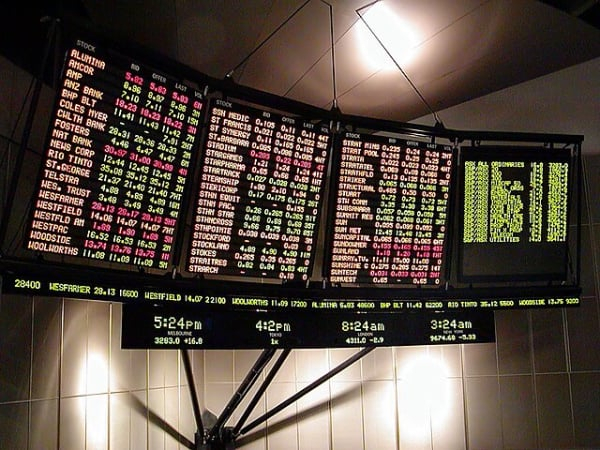Global stock markets have lost about $6.4 trillion in three weeks, and Monday's plunge has stunned even the most seasoned traders. Bloomberg writes about this, EP reports.

►Follow the Finance Ministry page on Facebook: main financial news
Market recovery
On Monday, the Nikkei index fell by 12% in Tokyo, the Kospi fell by 9% in Seoul, and at the opening of trading in New York, the Nasdaq collapsed by 6% in a matter of seconds.
Cryptocurrencies too went down, the VIX volatility index rose sharply, and investors rushed to buy US government bonds, considered the safest assets.
“Whether the wild swings signal the end of the global sell-off that began last week or just the start of a longer downturn remains to be seen,” the agency wrote.
Some of the hardest-hit markets recovered on Tuesday, with key Japanese indexes up more than 10%, although few believe the bottom has been reached.
“It is clear that the ground that has fueled financial markets’ growth in recent years has been seriously shaken,” Bloomberg wrote.
“Black” Monday
On Monday, as the Japanese currency rose 3% after the Bank of Japan raised rates, the Nikkei index suffered its biggest slump since 1987. Investors sold Japanese stocks en masse on concerns that a stronger currency would hurt earnings at export-focused companies.
The losses spread to other Asian markets and Europe, where major stock indexes fell, before spreading to the United States. The impact was also felt in credit markets, with at least two companies — wireless infrastructure provider SBA Communications and theme park operator SeaWorld Parks & Entertainment — deferring a combined $3.8 billion in loan agreements.
By late Monday, U.S. stocks had partially recovered from their lows, with the Nasdaq Composite down 3.4% and the bond market stabilizing. But that did little to calm anxious traders, who were unsure if it was another false alarm.
Online courses for investors
- Shares (securities) Stock market

